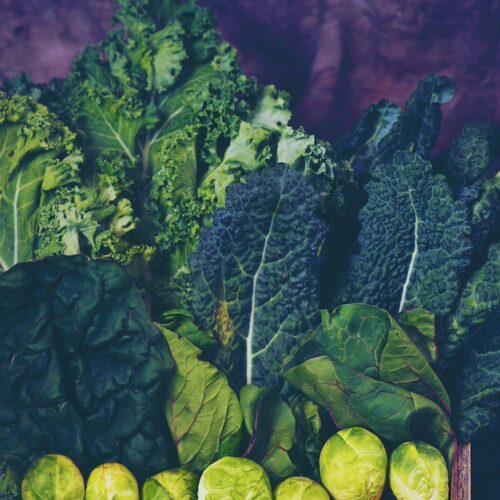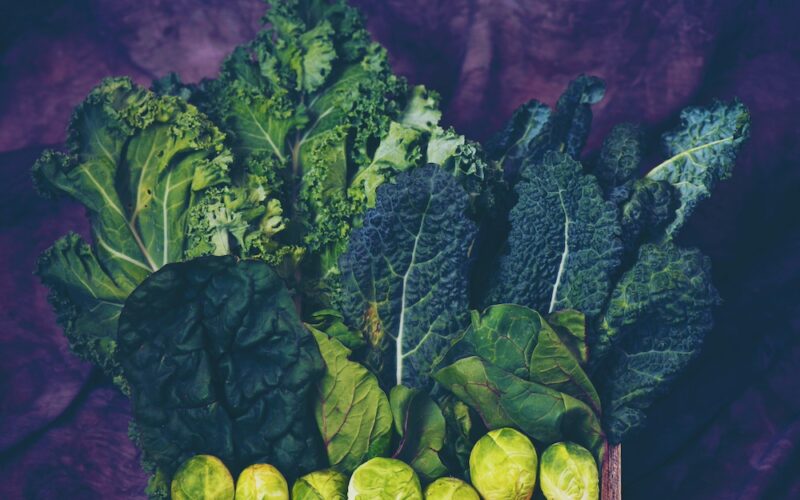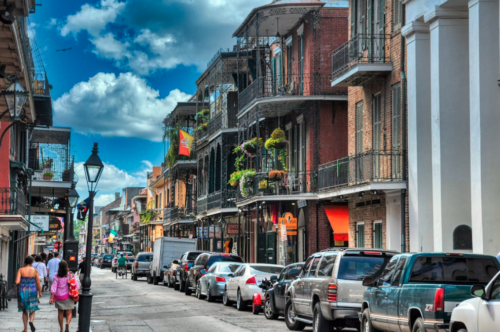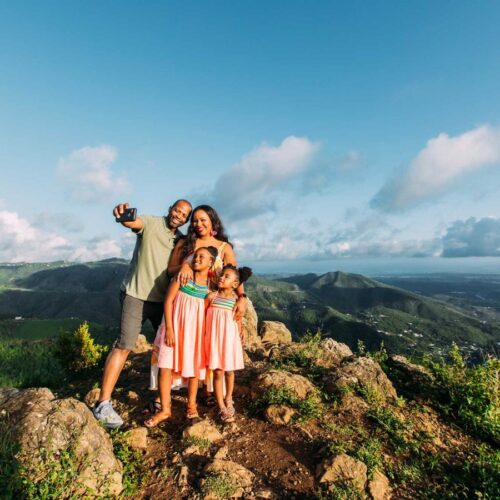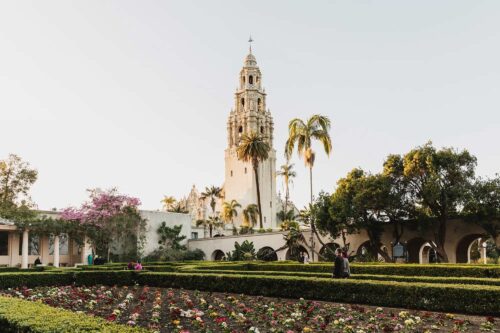The New Year’s Eve ball has dropped, and the litter covering the streets of Times Square has disappeared – much to the relief of environmental activists all over NYC. It is now January, and the animal and environment lovers we all know – and are – are ready to turn their focus from the busy and admittedly stressful holidays to their goals for the new year. One goal many ethical-minded consumers have this year is to start going vegan.
Like one of my favorite eco-conscious stores, Blueland, wrote on their Instagram, becoming 100% animal-friendly and eco-conscious in every aspect of our lives is nearly impossible overnight. The pressure people who support ethical consumerism feel when trying to navigate how to go from living an average lifestyle to living one that is 100% ethically-minded is enormous, and the amount of work and, for that matter, research required can be overwhelming. When I found out, after five years of buying grass-fed eggs in the grocery store, that the only label that indicates animals are not raised in cages is “pasture-raised,” I was shocked, frustrated, and honestly exhausted with how hard it was to lead an entirely ethical consumerist lifestyle. This is why stores like Blueland impress upon people that you must start at the right pace so you know you will not burn out and give up altogether.

An ideal way to become an ethical consumer is to switch from dairy-based food to plant-based alternatives and possibly to eat plant-based meat. However, if unable to due to budget, nutritional requirements, etc., you can still support ethical food supply chains in alternative ways. One of the most effective and easy ways that consumers can encourage ethical food supply chains if going entirely plant-based is not an option is to buy dairy and meat products certified to have come from farms where the animals are pasture-raised.
The reason for this? There will always be people who eat actual dairy and meat; demanding they stop won’t help the movement and is more likely to alienate them. By financially supporting farms that DO make the effort and take on the extra expense of keeping their farm animals pasture-raised, we enable an economy where nonvegans can still support ethical supply chains. The more financial support farms that raise their animals on pastures receive, the less factory farms will be able to continue to dominate the food market. An ideal national food supply chain will allow people to choose between vegan or pasture-raised options easily.
Remember, if you choose to buy food that comes from ethical farming, make sure that the animals are, specifically, pasture-raised – not “grass-fed” or even “free range”, both of which terms are deceiving, and not much better than full-on factory farming. When deciding which brands to buy, use the Buycott app, which lets you scan the barcodes of items in the supermarkets. You receive immediate feedback from the app on whether the company that makes that product has an ethical supply chain. It also informs you about other factors you can consider, such as ethical farming, whether child labor is used, and if their products have GMOs. Suppose you do not want to buy a product after their app tells you the company uses unethical practices. In that case, you can opt, directly through the app, to send a message to the company’s higher-ups that you will not support their company if they continue these practices.
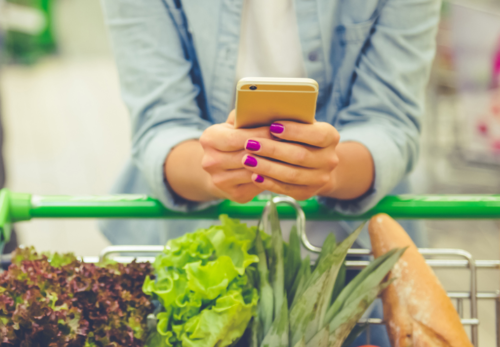
For people in NYC who wish to begin making the food they eat entirely or almost completely vegan, Riverdel is a local shop offering more than 100 vegan alternative products. This includes plant-based versions of at least a dozen cheeses and various other vegan alternatives to products such as vegan caviar. All of the items sold are vegan versions of that item, meaning there are no dairy, eggs, meat, or other animal products used in the items. Shipping and delivery options are available on their site.
Beginning a vegan lifestyle from scratch can certainly be challenging, stressful, and disheartening when we unknowingly slip up. Sticking to fully vegan shops like Riverdel makes it much more straightforward when your budget allows it. If they do not have a vegan version of a particular item of food that you love to eat, just contact them and ask them if they can add it! Riverdel can be contacted via Instagram @riverdelnyc or by email at hello@riverdelcheese.com.

As the new year begins and you start your journey to achieving this year’s goals, consider going vegan with your food choices as one of your goals. If you are feeling extra ambitious, you may even want to add, on top of that, transitioning your wardrobe to second-hand and vegan clothing and accessories. If your goals for the new year even go so far as wanting to have a completely sustainable lifestyle that creates as little of a carbon footprint as possible, don’t be afraid to reach out to us for tips on how to make this change, and references to companies, foundations, and vegan lifestyle alternatives to get you started.
But remember: Begin your journey to ethical consumerism as slowly as you need to. Take it one step at a time because every little change makes a huge difference. A report was released saying that the ozone layer is beginning to close already, based on the marginal changes our planet has made in being more eco-conscious. They predict the ozone layer will completely repair itself within 50 years if citizens become increasingly eco-conscious. Costa Rica is now almost a fully carbon-neutral country, providing an example to the world that if each of us as individuals works hard enough toward it, the planet CAN become carbon-neutral within 50 years.
So, Happy New Year!!! And remember: Every little change makes a huge difference.
XOXO,
Your Fashion Bestie
Originally posted January 23rd, 24

